The prostate plays a significant role in sexual health and is also important to the urinary system. Unfortunately, more than one in every three men will experience prostate enlargement as they age. Whether you’re a man wondering if a better diet could help you keep your prostate healthy or researching for a loved one, you’ve already taken the first step toward better prostate health.
If you’re older, it’s even more important to be conscious of things you can do to improve prostate health because the risk of enlargement and other prostate problems increases with age. A healthy diet is important in maintaining better overall health, and this includes prostate health.
In fact, there are many foods that support prostate health and other foods you may want to avoid eating. As part of a healthy lifestyle that incorporates a balance of diet, exercise, education, medicine, supplements, and the will to maintain good personal habits and utilize resources effectively, a prostate-focused diet can help you or your loved one maintain wellness.
What Is the Prostate?
The prostate is a small gland that is considered part of the male reproductive system. It is about the size of a chestnut and weighs about one ounce, and is responsible for producing most of the fluid found in seminal fluid. As men age, the prostate continues to grow, and for many men, it grows to the point of discomfort. As growth continues, men may also have trouble urinating or even incontinence as the prostate wraps around the urethra.
Prostate issues can include:
- Inflammation of the prostate, also known as prostatitis
- Non-cancerous enlargement of the prostate, also known as benign prostatic hypoplasia or BPH
- Prostate cancer
Foods That Support Prostate Health
Below are some specific foods that are believed to improve overall prostate health when incorporated into a well-balanced diet.
Tomatoes
Tomatoes are believed to contribute to prostate health because they are high in lycopene, a potent antioxidant that reduces damage to cells by protecting them. Males who report consuming a diet high in lycopene are less likely to develop prostate cancer. Additionally, lycopene can even potentially slow the production of existing cancer cells. However, the body has difficulty absorbing lycopene from raw tomatoes; therefore, a prostate-conscious diet should include meals that incorporate a well-balanced array of tomato products like spaghetti sauce, tomato paste, low-sodium tomato juice, and sun-dried tomatoes.
Broccoli
Broccoli is often referred to as a prostate superfood and is one of the best foods to eat for maintaining prostate health. It contains complex anti-cancer compounds and phytochemicals like sulforaphane that potentially protect some people from getting cancer. Cruciferous vegetables like broccoli also include a phytochemical called glucoraphanin that selectively destroys cancerous cells in the prostate while leaving the healthy prostate cells unaffected. To obtain this benefit, broccoli can be eaten in any way, including cooked or raw. Other cruciferous vegetables with the same potential benefits include cabbage, cauliflower, kale, and Brussels sprouts.
Green Tea
People have touted the benefits of green tea for thousands of years. Certain compounds, like epicatechin, xanthine derivatives, and epigallocatechin gallate (EGCG), found in green tea might reduce the likelihood or severity of prostate cancer. Drinking a cup of green tea in the morning instead of regular coffee is a wonderful way to add green tea to any diet. Decaffeinated green tea is also an option, and it can be chilled or served on ice. For those who don’t enjoy the taste of green tea, green tea-based supplements can be added to smoothies, cold-pressed juice, or any juice or drink in powder form.
Soybeans and Legumes
The legumes group consists of peanuts, lentils, soybeans, and various other beans, which contain active plant compounds called phytoestrogens. Studies show that people who consume more of these compounds in their food show a reduced risk for prostate cancer by 20%. It is believed that phytoestrogens provide anti-cancer benefits thanks to their antioxidant traits, which can have a positive impact on cell death and hormone regulation. Soybeans are believed to be most effective when consumed with other anti-cancer foods.
One easy way to incorporate legumes and soybeans in a prostate-friendly diet is to swap out red meat for a plant protein, such as a black bean burger with a side of veggies (like broccoli). Hummus and tofu are also good sources of soy.
Fish
Certain types of fish, namely cold-water fish such as trout, salmon, mackerel, herring, and sardines, provide the body with good fats that don’t incite inflammation, unlike saturated fats found in other animals. These fish provide critical omega-3 fatty acids, which are linked to a decreased risk of high-grade prostate cancer and decreased mortality caused by prostate cancer. One Harvard study shows the relationship between inflammation and diet is better maintained with dark meat fish such as red snapper and salmon.
Fresh fish tastes milder for those who aren’t crazy about strong flavors. Cod, flounder, and trout are also known for milder flavors. Diets containing meals such as baked cod topped with tomato sauce provide the opportunity for double the anti-cancer properties by combining multiple foods to keep the prostate healthy.
Berries
Scientists refer to incremental damage within the various systems of the body as oxidative stress. Oxidative stress is caused by free radicals, which are toxic byproducts of metabolism. When uncontrolled, these free radicals wreak havoc on the body and result in oxidative cell and DNA damage.
Thus, antioxidants assist in the removal of and neutralization of free radicals in the body. Powerful antioxidants called anthocyanins are found in berries, specifically blackberries, blueberries, strawberries, and raspberries, making them an excellent weapon against cancer of the prostate and prostate problems in general.
Pomegranate Juice
Like green tea and berries, pomegranate juice is high in antioxidants. Pomegranate juice is considered a super fruit as its antioxidants are known to assist in the prevention of chronic oxidative stress-related diseases. The bioactive components of pomegranate juice may also assist in the inhibition of prostate cancer cells, but additional research is needed to confirm these claims.
Foods to Avoid for Prostate Health
While there are no specific foods that directly impact the prostate in a negative way, studies link an increased risk of cancer with saturated fats and trans fats. Limiting foods like red meat, bacon, sausage, other cured or processed meats, fried foods, fast food, and dairy is optimal for maintaining prostate health. Similarly, fish products such as shrimp, lobster, scallops, and canned tuna are more likely to cause inflammation. Eating favorite foods in moderation and sticking to a balanced diet is key to overall wellness.
Building Healthy Eating Habits
While a diet that incorporates specific foods to keep the prostate healthy is one component of a conducive prostate environment, overall eating habits also play a part.
Consider implementing these essential rules for a healthy diet:
- Consume at least five servings of brightly, deeply colored fruit per day.
- Choose bread, pasta, and cereal made of whole grains.
- Choose more healthy fats like olive oil, walnuts, almonds, pecans, and avocados.
- Choosing healthy proteins like skinless poultry, fish, eggs, and beans.
- Limit beef, pork, lamb, and goat, as well as processed meats like bacon, hot dogs, and bologna.
- Avoid high-sugar drinks.
- Avoid partially hydrogenated fats or trans fats like those found in packaged foods and fast food.
- Limit saturated fats from animal products and dairy.
- Cut down on salt and choose low-sodium options.
- Limit frozen, processed, and canned foods.
- Practice portion control, eat slowly, and be sure to stop eating when you are full.
What Else Can Improve Prostate Health?
Just as maintaining a healthy diet isn’t the only component of your overall wellness, eating prostate-friendly foods is far from the only key step you can take to maintain prostate health.
Take Supplements for Prostate Health
Experts believe that taking supplements can optimize whole-body health as well as prostate health. For instance, many men are deficient in vitamin D, vitamin C, and zinc, all important nutrients for prostate health. Levels of these critical nutrients can be boosted easily via supplements. Compounding Pharmacy of America offers specific prostate health supplements such as Uro-Pro, which includes a combination of vitamins and minerals, herbals, amino acids, and other nutrients purposely formulated to promote prostate gland function in aging men.
Get Plenty of Exercise
Moderate exercise may promote prostate health because preventing obesity can reduce your risk for an enlarged prostate and/or prostate cancer. Resistance or weight-lifting activities performed several times a week can improve insulin resistance, as well as heart and bone health. When all these things are maintained properly, an overall healthy environment is established in the body, which prevents obesity and other negative conditions that may exaggerate prostate problems.
Monitor Your Prostate Health
Monitoring any signs of changes in your prostate health is the first step in addressing any issues successfully. If you’ve been noticing difficulty urinating, pain while urinating, or any of the listed signs of prostate issues, be on alert for further changes. Consider screening for prostate problems or speaking with a medical professional.
Prostate Issues
Changes in the prostate can often indicate benign prostatic hyperplasia (BPH) and prostatitis. The two conditions are similar and may be (but are not always) related. BPH is described as an enlargement of the prostate gland and affects an estimated 42% of men aged 51 to 60 and 90% of men aged 81 to 90. Prostatitis, on the other hand, is defined as microscopic prostate inflammation and is twice as common in younger men than in older men. Symptoms of BPH are related to urinary tract issues, while prostatitis is associated with pelvic pain.
Prostate cancer is caused by DNA changes of normal prostate cells, whether inherited or acquired randomly, or due to factors such as diet, obesity, hormone levels, smoking, chemical exposure, sexually transmitted diseases, and vasectomy. Some studies also show that inflammation of the prostate leads to the development of prostate cancer. About one in eight males will be diagnosed with prostate cancer. After lung cancer, it is the second leading cause of cancer death in American men; one in 41 men will die from prostate cancer.
Ethnicity may play a role in prostate cancer, as more African American and Caribbean men of African descent develop prostate cancer. Additionally, geography may increase the risk of prostate cancer development. This form of cancer is more commonly found in North America, Australia, northwestern Europe, and the Caribbean islands.
When to See a Doctor for Prostate Problems
If you’ve experienced any changes in your health that may be related to your prostate, consider screening. Screening typically involves a test that measures a man’s prostate-specific antigen (PSA). PSA is a protein produced by the prostate gland. Tracking PSA over time in a patient can help you detect cancer of the prostate early on, which means a better chance of successful initial treatment. PSA testing is often accompanied by a digital rectal exam (DRE) which determines if the prostate is enlarged and if there are irregularities present in the prostate, such as nodules or lumps.
Regular testing and screening are essential in the early diagnosis of prostate cancer, which allows optimal time to treat it. However, there is a concern about overdiagnosis and overtreatment. For this reason, prolonged testing is necessary for a reference point in men who exhibit prominent daily levels of PSA, a symptom that can be overlooked if no change is apparent over time.
Too often, though, men do not take part in regular prostate cancer screening. In this case, it is important to take note of signs that indicate there may be a problem in the prostate. While these symptoms don’t necessarily mean cancer, they should be checked because they can be signs of other prostate issues.
Symptoms that warrant a doctor’s visit include the following:
- Pain in the back or spine, hips, chest, or ribs, the rectal or pelvic area, or any other bones
- Urination problems such as a slow or weak urinary stream and frequent urination, especially at night
- Blood in urine or semen
- Erectile dysfunction (ED)
- Numbness or weakness in feet or legs
- Loss of bladder or bowel control
Prostate Treatment
Medical treatment of an enlarged prostate includes prescription medication, but alternative and combined treatment methods are also widely used. Alternative and preventive treatments include special diets, taking supplements, vitamins and herbs, and taking advantage of therapeutic practices like acupuncture and massage.
While prostate cancer is often treated medically with prescription drugs and radiation therapy, alternative and compounding treatments are also commonly used to combat prostate cancer.
Support Better Prostate Health
Compounding pharmacists believe in a holistic approach to men’s health, and that includes prostate health. Because not all men are alike, their treatment and health regimes should not be alike either. Compounding Pharmacy of America offers customized treatments for specific conditions that can help combat anything from common, everyday issues many men face to life-threatening illnesses. The compounding approach to overall health incorporates medications with supplements and vitamins that can support and sustain the body’s natural systems.
Visit our health shop to learn more about our prostate support supplements:
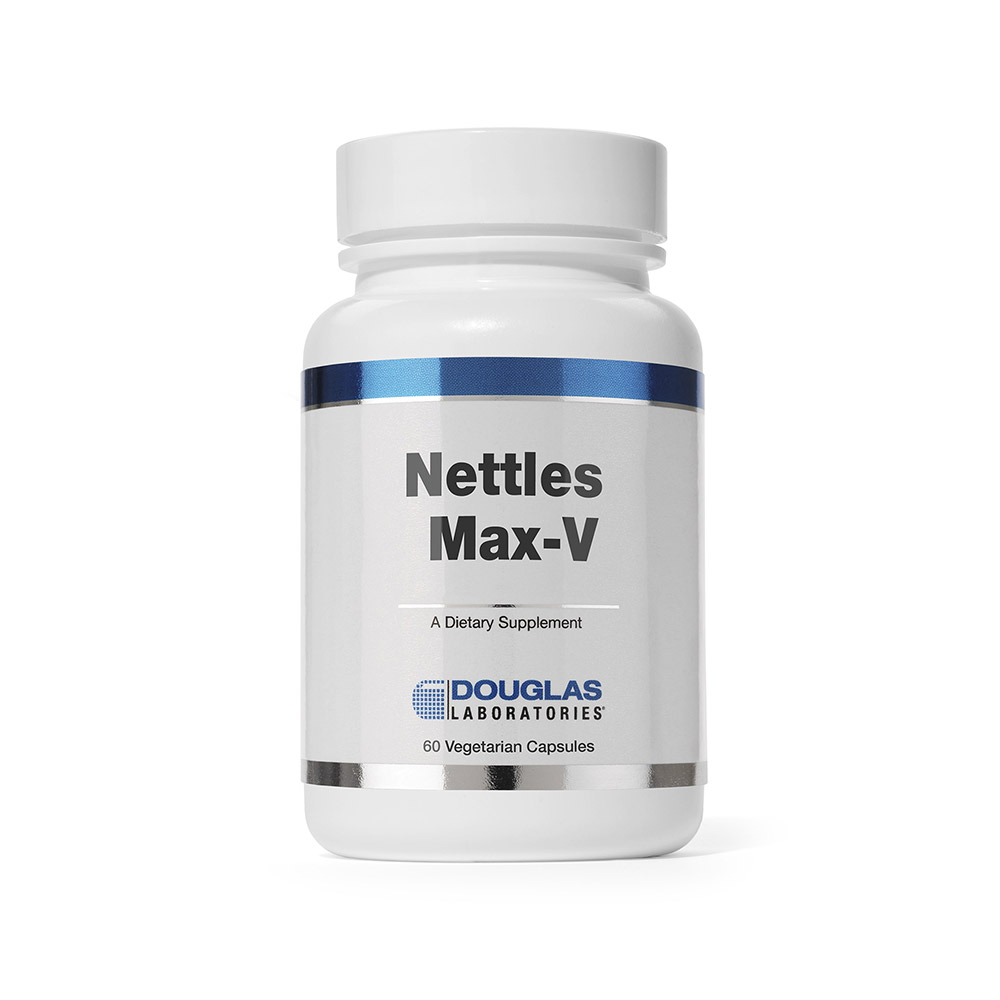
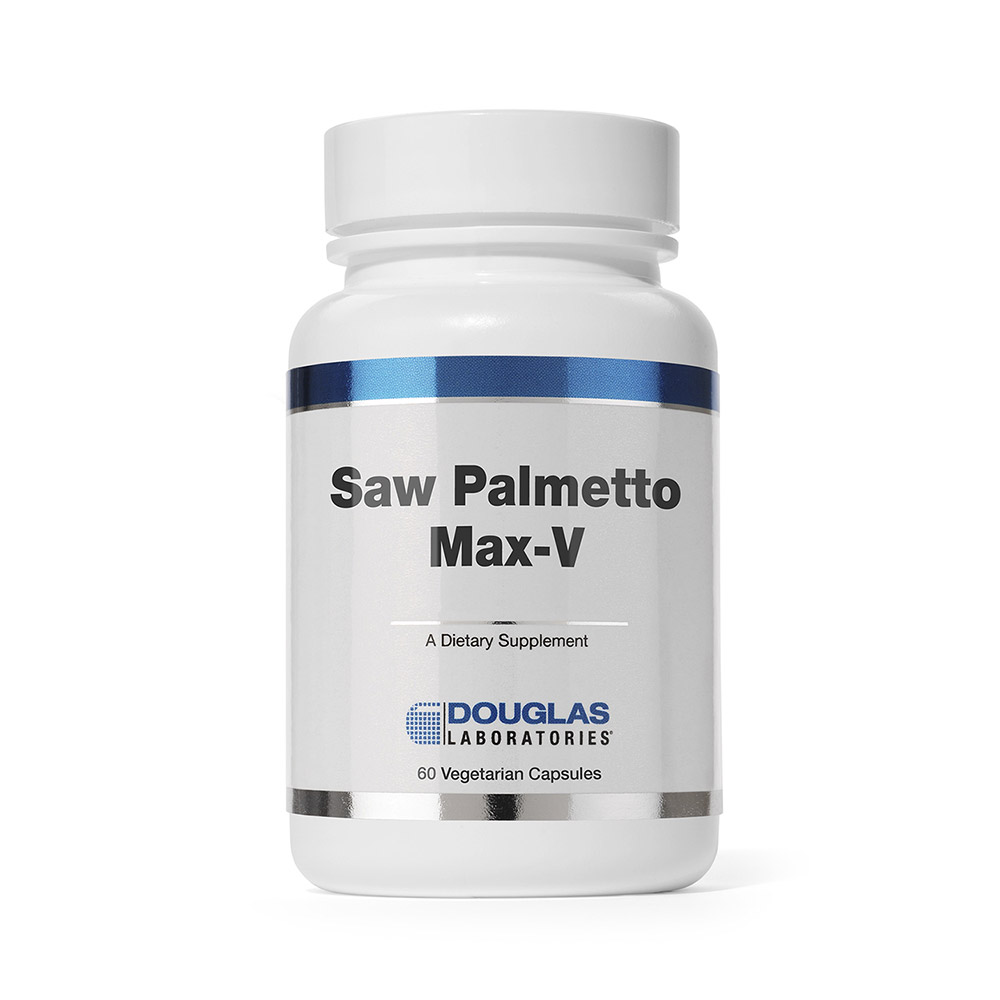
Sources:
- https://www.ncbi.nlm.nih.gov/books/NBK279291/
- https://www.ncbi.nlm.nih.gov/pmc/articles/PMC2198849/
- https://www.cancer.org/cancer/prostate-cancer/about/key-statistics.html
- https://www.cancer.org/cancer/prostate-cancer/detection-diagnosis-staging/detection.html
- https://www.health.harvard.edu/mens-health/10-diet-and-exercise-tips-for-prostate-health
Chief Operating Officer, The Compounding Pharmacy of America
Matthew Poteet, Pharm.D. graduated with Honors from Lee University with a Bachelors of Science in Biological Science. After his undergraduate training, he completed the Doctor of Pharmacy program at Mercer University Southern School of Pharmacy, graduating in 2004. Dr. Poteet has spent much of his pharmacy career on staff at two of the most prestigious academic teaching hospitals in the Southeast; Emory University in Atlanta and Vanderbilt University Medical Center in Nashville. At these institutions he received extensive experience and training in sterile products compounding.
He returned home to East Tennessee in 2010, where he has held the position of Pharmacy Director at two sterile products pharmacies in Knoxville. Matthew lives in Knoxville with his wife, Chris. Dr. Poteet is Tennessee’s first Board Certified Anti-Aging Pharmacist by the American Academy of Anti-Aging Medicine.

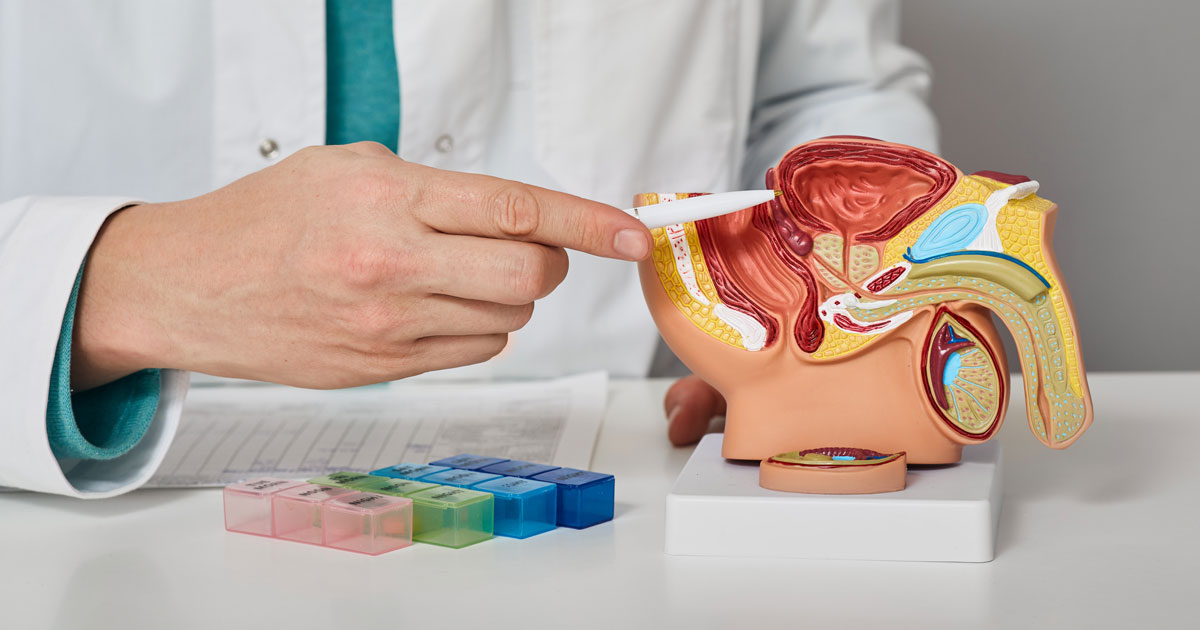
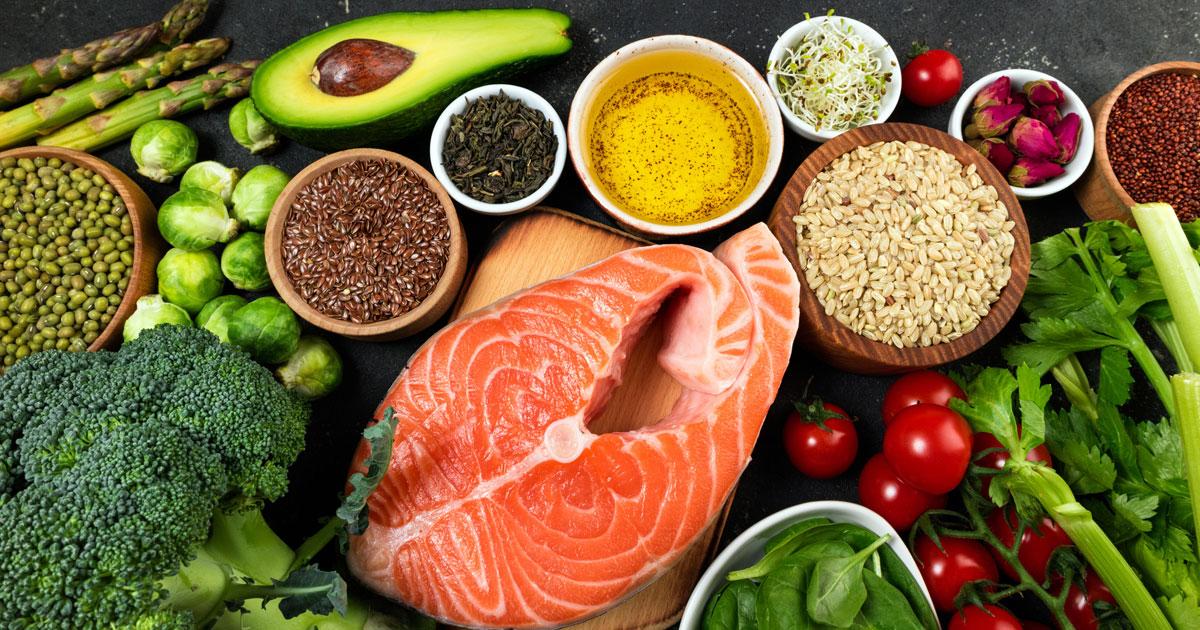

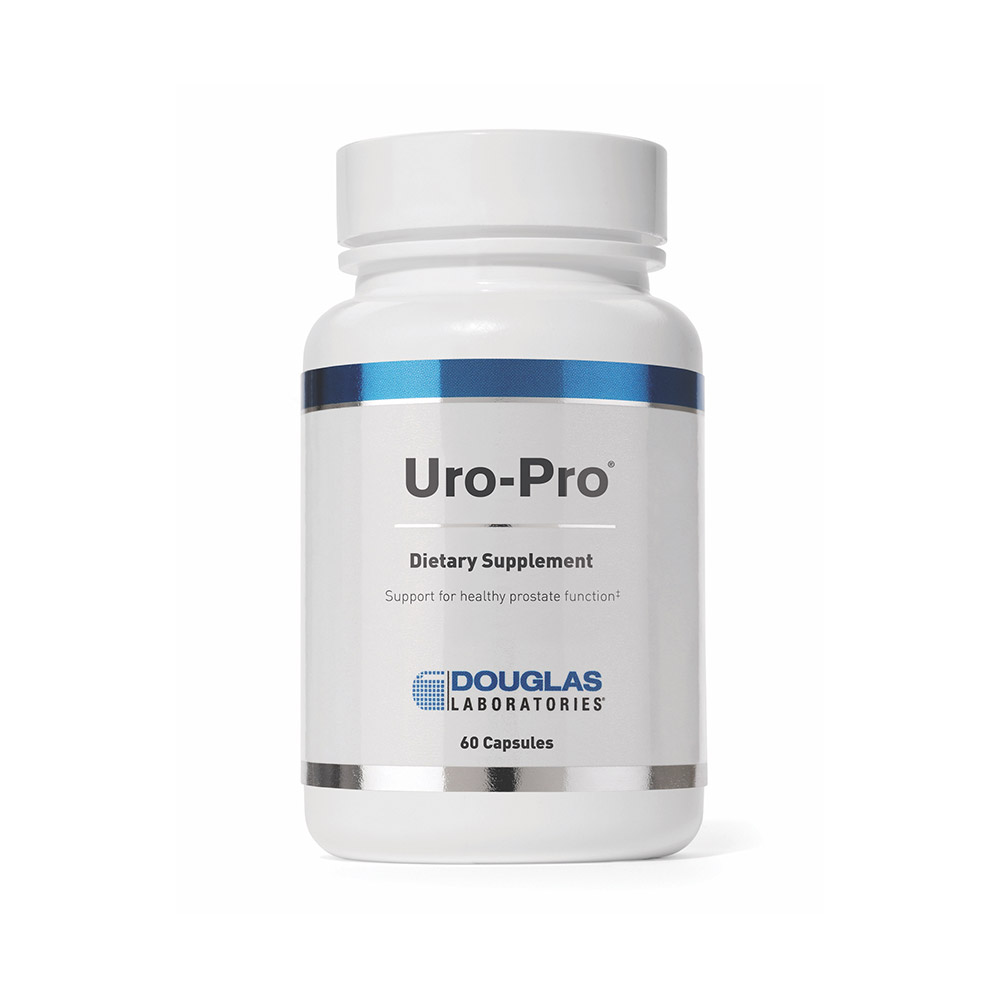

 Subscribe to Our Newsletter
Subscribe to Our Newsletter


